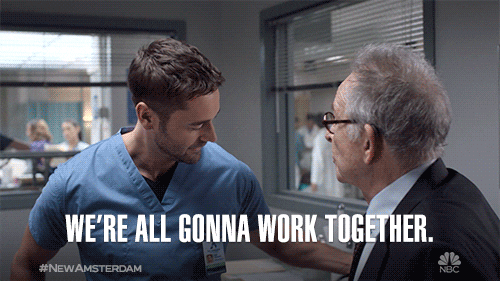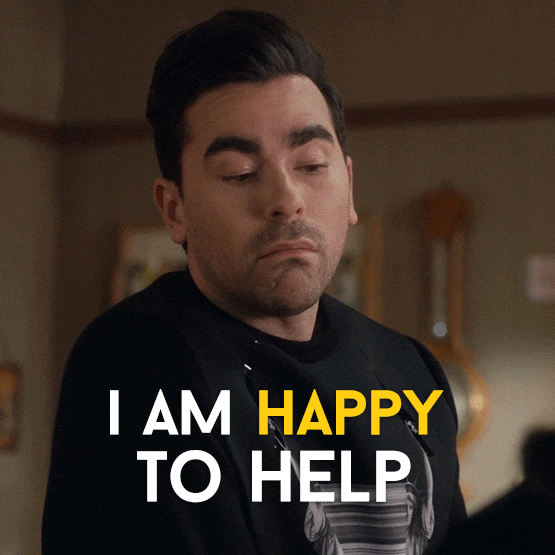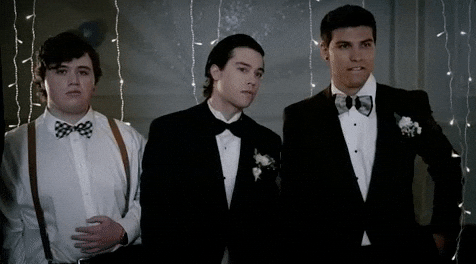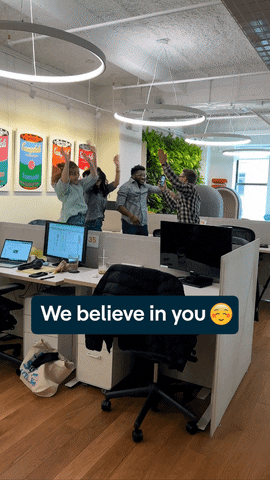ND Acceptance Month: What Our Ambassadors are Saying about Living with Their ND
April is Neurodiversity Acceptance Month, and we asked our Ambassadors to open up about what it means to live as their authentic, neurodivergent selves.
From self-advocacy to embracing their unique brain, these young leaders are keeping it real — and dropping some serious wisdom.
- “Early on with my neurodiversity journey, I really struggled with self advocacy and advocating for myself, in especially settings with adults. So I would say, don’t be afraid to tell people what you need to support yourself because even though it can be scary, that is where the majority of your support is going to come from. It’s yourself.” -Penelope G.
- “My brain was built differently than everyone else. It took a long time to accept that, but once I did, I flourished academically. I felt much more comfortable learning things and asking for help, and feeling comfortable talking to my peers about what I needed from them – as well as to my educators and my parents about what they could do to help me.” – Chloe M.

- “I feel like the biggest misconception is that students with neurodiversity, they’re not smart, or they’re slow. And that’s not true. I’ve met so many people through The ND Alliance that are so brilliant. They have such great jobs, they finished college, they’re going on to do great things in their careers. There’s so many people out there that are neurodivergent and they’re lawyers, judges, doctors, engineers, and mathematicians.” – Kayla D.
- “Take any help. I feel like everyone kind of steps back and they’re like “oh, I don’t need help, I don’t need someone to support me in this”. If you can use that help in any situation, take it and just be willing to have people support you in your life.” – Luca R.

- “High school and middle school is the time to find the tools that are useful for you. It’s a lot harder going into college and trying to figure it all out then because you have a lot of other stuff to figure out. So find those out in high school.” – Caden J.
- “Don’t listen to what you hear online. In social media, there’s a lot of good information, but also there’s a lot of false information about neurodiversity and neurodiverse people and how to support us.” – Kian C.

- “It should always be a ‘can’ and never a ‘can’t’ for students. I think it’s really easy to say, “oh she can’t learn like that”, or “she can’t learn how to spell that word”. Every student is worthy of learning, it just might be in the way that’s really traditional. But it’s never that a student can’t do something, it’s that they can do something but they just might need a little bit of a different path paved for them.” – Ellie C.
- “Dyslexia is probably the hardest challenge I’ve had to work through, and just be creative about incorporating different strategies to turn it into a positive in my life. I think through a lot of perseverance, determination, and optimism, I can say that dyslexia has contributed to a lot of my successes.” – Drew F.

These incredible young people aren’t just navigating life with their ND — they’re thriving with it. From redefining success to championing self-advocacy, they’re proof that learning differently is something to be proud of.
So this ND Acceptance Month, take a cue from our Ambassadors:
🌟 Speak up.
🌟 Embrace your unique brain.
🌟 And never let anyone tell you what you can’t do.
Want to learn more about neurodiversity and how to support it? Visit The Neurodiversity Alliance and join our community!
